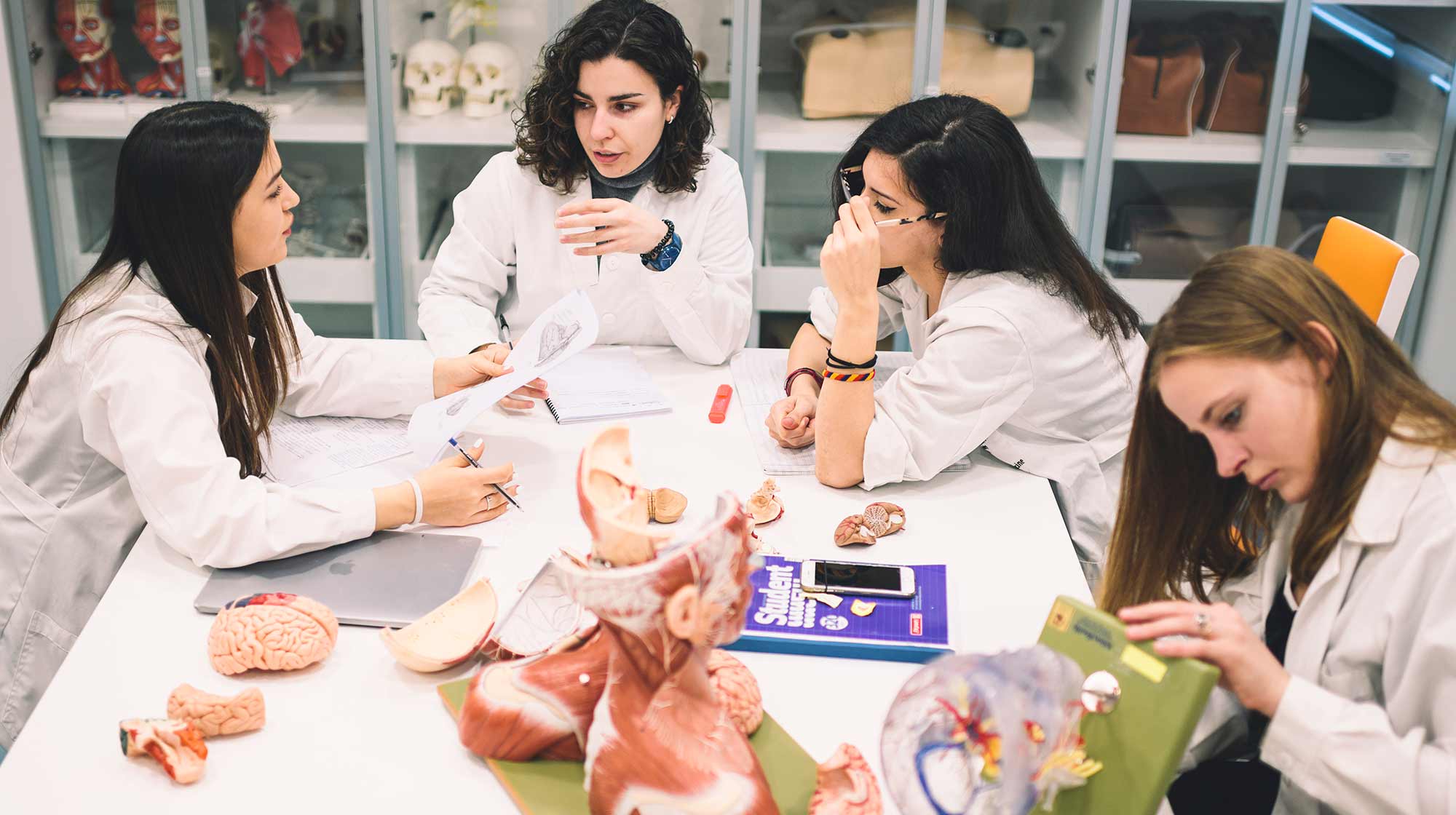The COVID19 pandemic is having a dramatic effect on our lives. Each day, we face its tremendous consequences at a health, social, psychological and economic level. At the core of the pandemic, medicine is engaged in a ruthless showdown, the magnitude of its toll still unknown. Overwhelmed by the load and speed of information, we can only attempt to forecast the future implications on the science and practice of medicine.
Telemedicine will become part of our daily practice: Prompt detection, isolation, observation and referral of suspected COVID19 patients has pinpointed the value of primary healthcare in safeguarding community health. One of the tools applied was consultation through telemedicine, demonstrating its effectiveness even during initial evaluation of acute conditions, such as respiratory tract infections.
The butterfly effect of Global health will change our view of the world: This outbreak has proven that the world consists of communicating vessels; over just a few months, countries were devastated, economies were overturned and thousands of lives were lost. The One Health concept is more relevant than ever, showing how a combination of viral mutations within a single organism that most of us had never heard of before, has intertwined the life course of so different species.
Infection control is the new hot topic: An emerging field in public health, often sidetracked by seemingly more attractive areas of medicine, the basic premise of infection prevention and control is to prepare the healthcare system, to apply preventive measures aiming to promptly detect and contain the emergence of new or epidemiologically significant infections. This pandemic has effectively shown that prevention is far more valuable than treatment.
Vaccination will strike back at the anti-vaxxers: On one hand, the anti-vaccination movement led to resurgence of vaccine-preventable diseases around the globe, such as measles, poliomyelitis, pertussis. On the other, epidemiologic terms such as “passive immunity” and “herd immunity” have become widespread. Still, intensive research and public interest have shifted their focus on the production of a much-anticipated preventive measure against Sars-CoV2, an effective vaccine.
Healthcare system preparedness will reach new heights: Countries responded to the pandemic in different ways and in different times, providing ample evidence to investigate which attributes, better equip a healthcare system to deal with the health impacts of a pandemic. However, preparedness doesn’t only involve hospital-related support; it spans across adequate workforce at all service levels, healthcare supplies, speed and reliability of resource allocation, social support and applied research.
Distance learning education will take a new turn: School and university closures were among the first measures applied for containment of the spread, switching to alternative (distance) means of teaching. Even practical training is being – albeit temporarily – replaced with online activities. As a result and for the sake of pre-emptive social distancing, we can expect higher education institutions to establish, at least partly, online teaching for subjects that don’t require practical training.
Constantinos Tsioutis
Assistant Professor of Internal Medicine, School of Medicine, European University Cyprus

